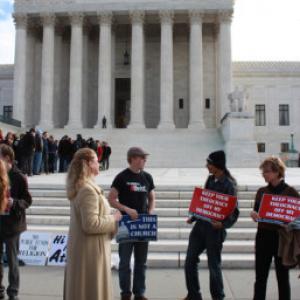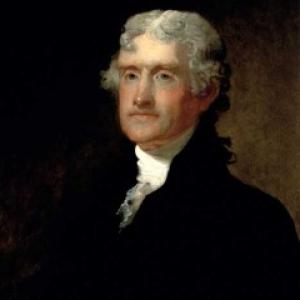
John Ragosta is the author of the forthcoming book, “Religious Freedom: Jefferson’s Legacy, America’s Creed,” and is a visiting assistant professor of history at Hamilton College in Clinton, N.Y.
Posts By This Author
Town Prayers: What Does the Supreme Court Mean By 'Coercion'?
On Monday, the U.S. Supreme Court ruled that a city, town, or county could open its regular meetings with a sectarian (that is, Christian) prayer without violating the First Amendment’s Establishment Clause. Not unexpectedly, the much-anticipated Town of Greece v. Galloway decision split the court 5-4. It is, for that and other reasons, a less than satisfying decision.
Can There Be a Rational Compromise on the Pledge of Allegiance?
Yet another Pledge of Allegiance lawsuit has been filed, this time with New Jersey humanists challenging the requirement that each school day begin with recitation of the pledge describing the United States as one nation, “under God.”
This case joins a bevy of previous cases that have wended their way through the courts, costing school districts and states millions of taxpayer dollars and contributing to bitter disputes across the country. To date, the Supreme Court has studiously avoided ruling on such cases, but if this continues, eventually, the court will be required to join the fray.
I am always sorry to see these cases: On the one hand, I am sympathetic with the students and parents who do not want their children indoctrinated in religion by a government, even with a very general declaration of the existence of God. (And I am always disappointed that so many people who vehemently insist that government is incompetent want government to lead prayer.)
Something to Celebrate on Religious Freedom Day
Today is Religious Freedom Day — a day to celebrate the adoption of Thomas Jefferson’s Virginia Statute for Establishing Religious Freedom. Why celebrate it?
Celebrate because our government does not use our tax dollars to propagate religion, something Jefferson found “sinful and tyrannical.” This does not mean that you have a right to stop any government action that you happen to think violates your religious beliefs — a ridiculous claim repeated during last year’s battle over insurance coverage for contraceptives.


